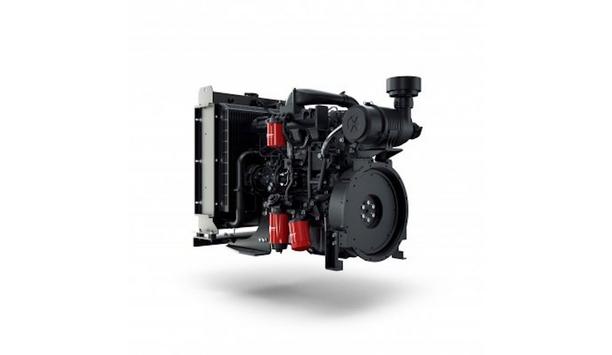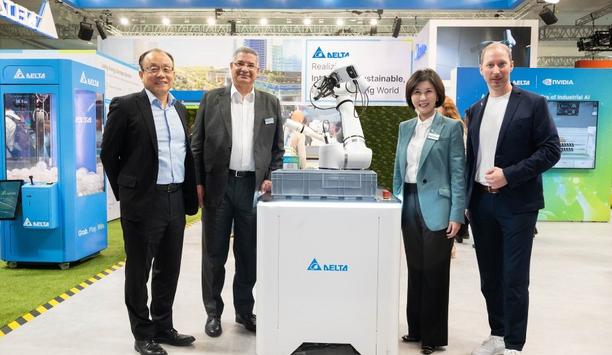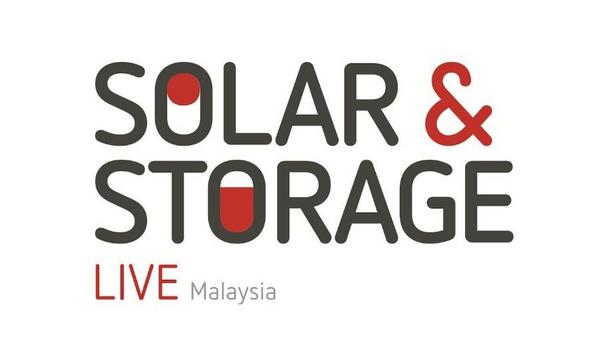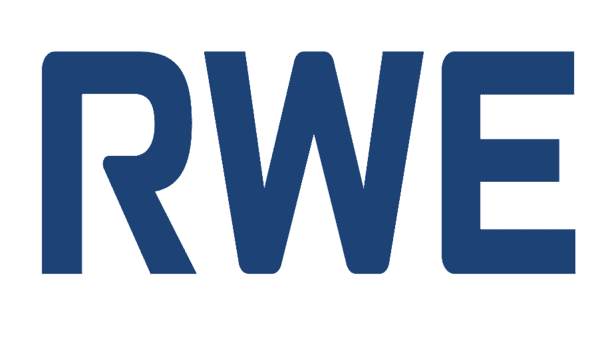Marie Parry, Group Marketing Director, Scolmore Group, looks at some of the issues surrounding the supply of electrical products to the healthcare sector. Infection control is one of the biggest challenges facing the healthcare sector.
Healthcare-associated infections (HCAI) are infections that occur in a healthcare setting that a patient didn't have before they came in. These infections can develop either as a direct result of healthcare intervention (such as medical or surgical treatment) or from being in contact with a healthcare setting. They arise across a wide range of clinical conditions and can affect people of all ages.
Providing clean environments
They can exacerbate existing or underlying conditions, delay recovery, and adversely affect the quality of life. A number of factors can increase the risk of acquiring an infection, but high standards of infection prevention and control practice, including providing clean environments, can minimize the risk.
The question for the industry is what are the issues and requirements surrounding the supply
It is estimated that 300,000 patients a year in England acquire a healthcare‑associated infection as a result of care within the NHS, with respiratory infections the most common type of healthcare-associated infection. Each infection means additional use of NHS resources, greater patient discomfort, and a decrease in patient safety. The question for the industry is what are the issues and requirements surrounding the supply and installation of electrical equipment? Anyone operating within and supplying to this sector, is required to work with products that meet the demands for hygiene and safety, and that includes electrical products.
Giving comprehensive advice
Switch plates, such as light switches, dimmers, and sockets have one of the highest touch rates in any environment, so are likely to hold a significant number of microbes on their surfaces. Whilst regular and rigorous cleaning of these settings is essential, the use of products with antimicrobial properties will also have a part to play to help inhibit the spread of infection.
When it comes to specification requirements within the healthcare sector, most are taken from Health Technical Memorandums (HTMs). These give comprehensive advice and guidance on the design, installation, and operation of specialized building and engineering technology used in the delivery of healthcare. The focus of Health Technical Memorandum guidance remains on healthcare-specific elements of standards, policies, and up-to-date established best practices. They are applicable to new and existing sites and are for use at various stages during the whole building lifecycle.
Antimicrobial wiring accessories
Scolmore’s antimicrobial wiring accessories are all manufactured using Urea Formaldehyde
Healthcare-specific technical engineering guidance is a vital tool in the safe and efficient operation of healthcare facilities. Health Technical Memorandum guidance is the main source of specific healthcare-related guidance for estates and facilities professionals.
For contractors and installers working within a healthcare setting, they will seek reassurance from manufacturers that the products they are specifying and installing meet the required standards and that they are able to supply the test certificates to prove it. Scolmore’s antimicrobial wiring accessories - Mode, Mode Part M, and Polar - are all manufactured using Urea Formaldehyde, which has similar inherent properties to antimicrobial additives that inhibit the growth of infectious diseases.
Antimicrobial surface test
They have all been independently tested for their anti-microbial properties. The results from the laboratory showed that the products tested achieved a bacterium kill rate of 99.99% when tested 24 hours after they had been exposed to MRSA, E-Coli, Salmonella, and Klebsiella Pneumoniae. These independent tests show that Scolmore’s products achieved a 99.99% kill-off rate across all four types of strains of bacteria causing concern in health environments.
The standard ISO 22916 test method is designed to test the ability of plastics and other similar materials
The standard used to qualify Scolmore’s products is ISO 22196. The standard ISO 22916 test method is designed to test the ability of plastics and other similar materials to kill or prevent the growth of microorganisms, over a 24-hour period of contact. ISO 22196 is one of the most commonly requested antimicrobial surface test methods for evaluating the antimicrobial activity of antibacterial treated plastic products.
Antimicrobial electrical accessories
Contractors will have the additional reassurance that all Scolmore BS1363 products – in particular socket outlets – are third-party approved and bear the BSI Kitemark logo. With such a vast range of antimicrobial electrical accessories to call on from one supplier, contractors are guaranteed the consistency of quality and compliance across the whole range of products they specify.
Products from the Mode, Mode Part M, and Polar ranges have been specified and installed across a huge range of applications including hospitals, care homes, schools, hotels, offices, and leisure complexes. The most recent example has seen the Mode antimicrobial range chosen to provide the solution for the newly expanded Same Day Emergency Care Unit at Conquest Hospital in St Leonards, which was opened earlier this year.
Different accessory color
Mode Part M is a range of visually contrasting wiring accessories, in anthracite grey
Mode is a range of smooth profiled, contemporary, white wiring accessories and is the company’s best-selling wiring accessories collection to date. A key selling point for the range is that provides high-quality, flexible, and modern solutions for a wide range of wiring requirements.
Mode Part M is a range of visually contrasting wiring accessories, in anthracite grey, that comply with current Building Regulations Part M. Polar is a premium range of bright white electrical accessories, which was developed to meet the demand for a different accessory color.
As with Mode, the Polar range is modular in design and allows installers unprecedented flexibility in creating dedicated wiring solutions. All products within the ranges are covered by a ‘No Quibble Guarantee’ against any fault in materials or manufacture experienced at any time within 20 years of the date of supply.







